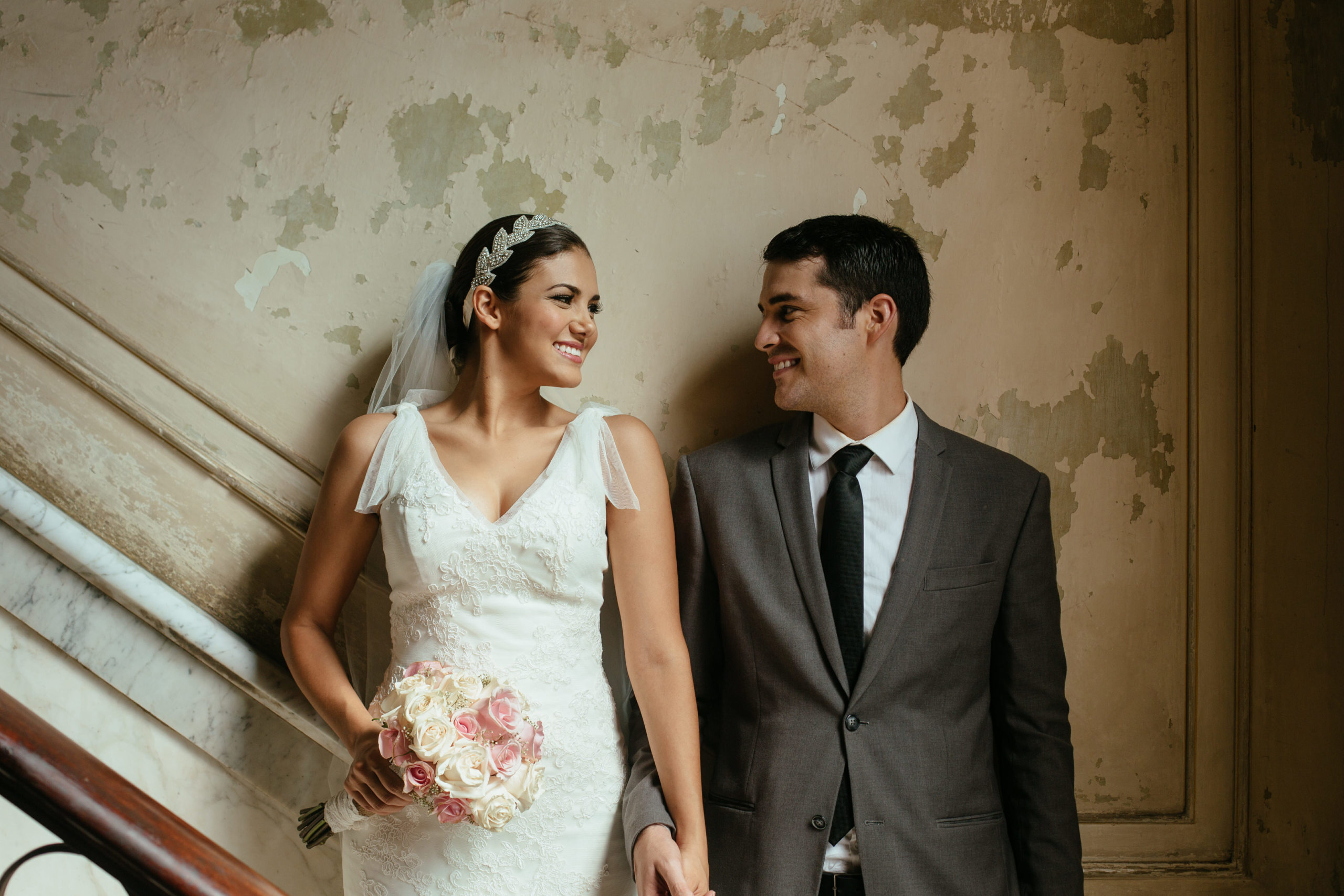It’s no surprise that wedding bells can be expensive to ring in, budgets be darned. But did you know that couples tend to underestimate their wedding budget by nearly 45%? That’s what WeddingWire found when they surveyed 18,000 couples in their 2019 Newlywed Report.
Before you dive into wedding planning, it helps to be informed so you can set a realistic budget.
Here, we reveal the truth behind wedding costs so you can plan the wedding of your dreams without – hopefully – too much sticker shock. Let’s get to it!
So how much does the average wedding cost?
First things first, the basics. For that, we turn to WeddingWire again for the numbers. Here’s what they found the average wedding day costs.
Average wedding costs from WeddingWire’s 2019 Wedding Report:
- Venue: $9,000
- Photography: $2,400
- Florists: $1,800
- DJ: $1,200
- Band: $3,900
- Videography: $1,800
- Reception catering: $6,700
- Rehearsal dinner, other meals: $1,800
- Attire and grooming: $4,400
- Cake and other desserts: $550
- Officiant: $300
- Lighting and decor: $1,400
- Photobooths and other event rentals: $1,700
- Wedding planner: $1,850
Factors that impact wedding costs
Are weddings often expensive? Yes. Do they have to be? Not necessarily. If you want to be mindful of your wedding day costs, here’s a rundown of things to keep in mind.
The venue
The venue is typically the biggest wedding expense for couples, as WeddingWire’s 2019 report shows.
For example, hotel or resort venues might charge more than a bed and breakfast. Wedding-specific venues will cost more than a backyard or farm-style affair.
Couples who opt to have their wedding ceremony at their church may be eligible for a member discount on the rental fee.
Some couples prefer a small affair and choose a courthouse wedding, where the costs are minimal.
Tip: Don’t fall in love until you’ve seen what else is out there! Keep your options open and shop around on venues. Compare prices and read the fine print, and dig a little deeper on hidden costs that might pop up.
The location
Another factor that will greatly impact your wedding costs is where you decide to wed.
Certain cities and states are more expensive than others. Getting married in Cleveland, Ohio, is likely to cost less than a wedding held in the heart of NYC, for example. WeddingWire’s survey found that couples in Cleveland paid about $22,000 for their wedding, while those in the New York metro-area shelled out closer to $50,000.
Do you want a destination wedding? Depending on your locale, this can greatly up the costs or lower them. A home-town bed and breakfast or an ocean-side resort in Maui? Huge difference. And the budget inflates further if you’re covering travel or accommodations for your destination guests.
These are just a few examples of how your wedding location can impact your costs, so be sure to do your research.
The guest list
The size of your guest list is directly linked to your final bill. Most catering and venues charge a per person price, and many venues have a cap on the number of guests they can accommodate. Each guest added means more food, drink, favors, and space.
Tip: Set your budget before you tackle the guest list. It will help you narrow down the list and make the more difficult cuts if you have already decided on a maximum number of people for your budget.
The season
Wedding season starts in late spring through early fall, with peaks in June and September. If you want to wed in one of those timeframes, be prepared to fork over extra cash.
The good news is that peak season varies by location. For example, summer in the south and southwest tends to be hot, which means fall may be the more expensive time to get married in those areas. Whereas winter in the mountains is peak season, winter at the beach is not.
You get the picture…
The day
Seventy percent of weddings take place on Saturday, according to The Knot. So it’s no surprise that Saturday is the most expensive day of the week to have a wedding.
Changing your wedding to a Thursday, Friday, or Sunday could save you some serious cash in wedding venue costs. It may not be the most convenient, but the cost reduction can far outweigh any inconvenience. Your key guests will find a way to be there no matter what day of the week you choose.
The time
Similarly, the time of day you get married impacts your wedding costs. Daytime receptions are often less expensive due to lower venue fees and food costs. Pancakes or sandwiches just cost less than tri-tip and asparagus.
If you’re bright-eyed in the morning and love to greet the sun, a morning reception is a great way to go. But if the thought of a 5 or 7 a.m. wakeup call makes you want to cry, don’t choose a morning wedding just to save a little cash. Your main goal is to enjoy the day, so you can find other places to snip and save.
The style
It’s true, if you want a black-tie affair to remember, it’s going to cost serious dough. But “fancy” isn’t the only style that can inflate the budget.
For example, a barnyard affair seems like it would automatically cost less, but that can be deceiving. That’s because barnyard or rustic weddings often require that you bring everything in yourself. That means tables, chairs, gift/guestbook table, bar, lighting, all décor, florals, dance floor, sound system, and sometimes even providing your own restrooms. All those rentals add up fast, and you’ll either have to manage multiple vendors yourself or hire a coordinator to handle it all.
Want an outdoor soirée? Do your homework about lighting rentals, dance floor rentals, outdoor permits, restrooms, heaters, and a contingency plan in case the weather doesn’t cooperate.
Mistakes to avoid when planning your wedding
As you can see from all the factors at play in that final wedding bill, it’s easy to veer vastly off track when it comes to your planned budget.
Take a few minutes with your partner at the beginning of your engagement to set your priorities. Write them down and place them somewhere you’ll both see them regularly. It’ll serve as an excellent reminder to keep your focus on what you both want when the tornado of planning threatens to whisk one of you away.
Check in with each other early and often about how you can avoid unnecessary wedding expenses. Things change throughout the planning process. Be ready to adapt, re-discuss, and negotiate your budget with your partner. Flexibility and ongoing communication are going to be a big part of your life, so you might as well get started now.
The bottom line on wedding costs
Your big day doesn’t have to come with a never-ending mountain of bills. Talk to your partner at the beginning to set your priorities, then lay out an honest budget based on how much you can realistically spend without incurring debt.
Next, take on the big tasks of the venue, wedding date, and guest list.
As planning progresses, reassess your budget often and remember to keep the conversation about your wants and needs. This celebration day is just the beginning of a beautiful life together.



